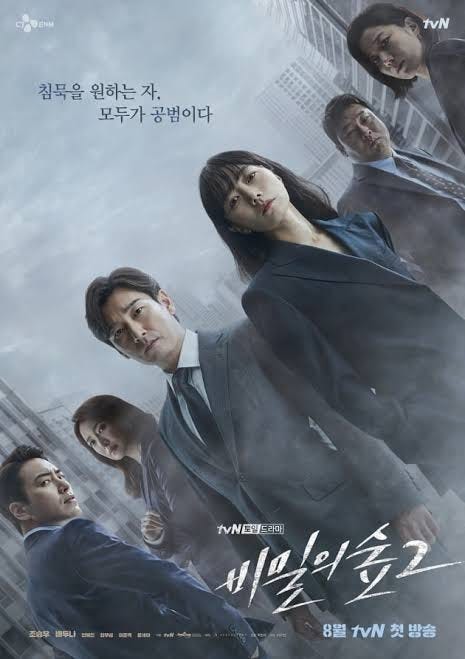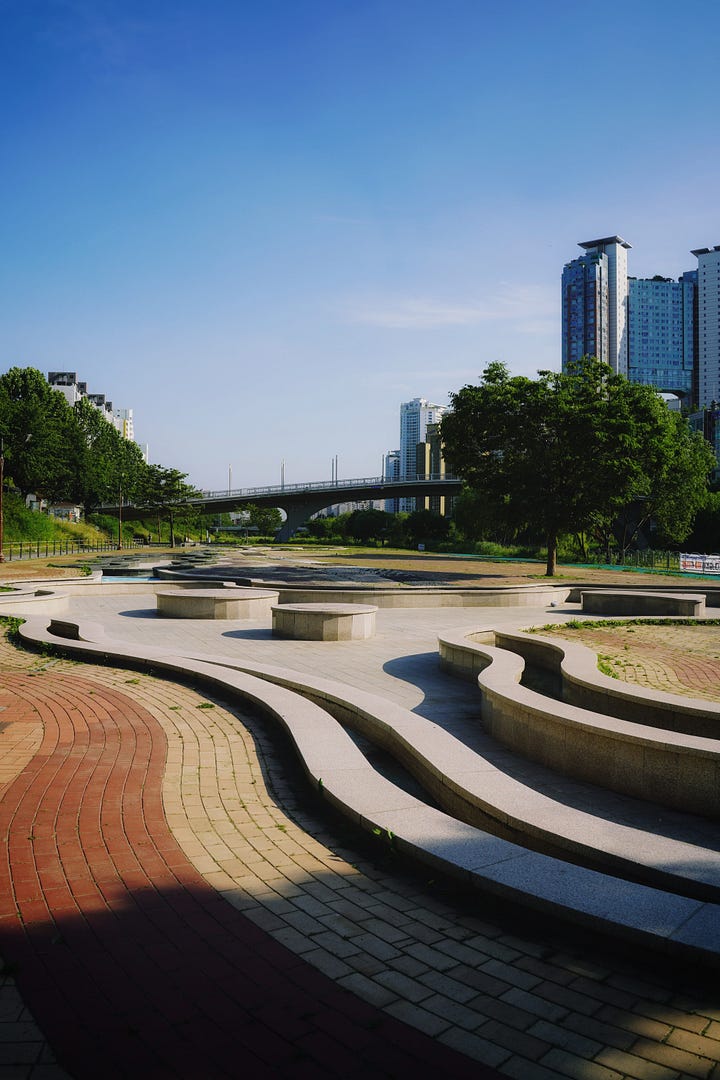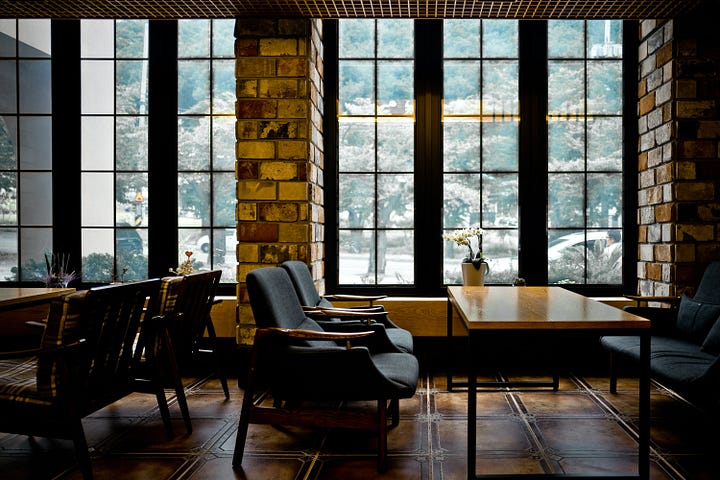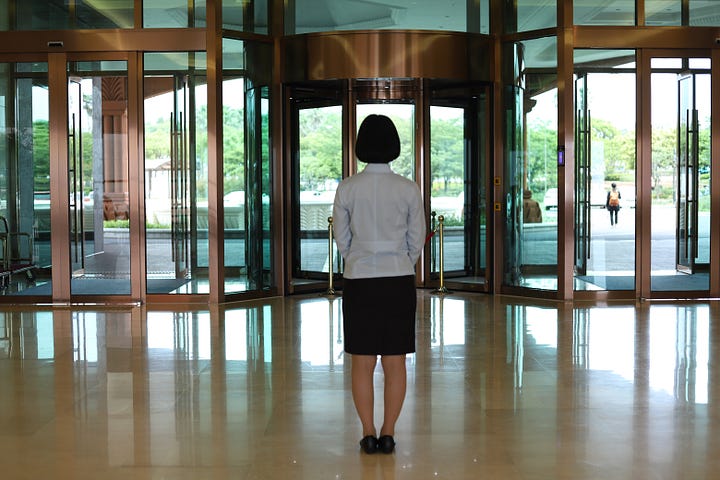
It takes a special effort to watch a subtitled drama, especially one that relies heavily on dialogue, not only as spoken between the characters but as thoughts taking place in their minds.
The Korean Drama, Stranger, is well worth the effort as it takes on systemic corruption, the psychology of cultural hierarchies, and the impact of individualism through well developed characters.
Two central characters in Stranger represent what we naively expect from a system of justice as they go against the grain in which corruption has become the acceptable norm.
A series speaks as much through its visuals as it does through the action of the plot. Stranger effectively uses peacefully designed Asian interiors as a subliminal rest-bit. Perhaps this is more evident to those of us exercising our intellectual capacities to read the subtitles in the rapidly evolving dialogue. In an increasingly global media the artfulness of orchestrating the visuals in concert with the mental process, particularly that involved with reading a text while watching the facial expressions, and absorbing the tones in a voice becomes ever more important. Cinematographers have to be aware that a segment of their audience will be engaging in such a acrobats, and so the sound of silence with eyes resting on objects of beauty, or some other characteristic, is an evermore essential story telling technique in an ever more globalized world.

That cinematic skill is also present in Misaeng: Incomplete Life, told in the cultural context of a trading company, using the vista of a manmade landscape as a subtheme. When the characters take a break, they frequent roof tops. Oddly, the wide open, never ending cityscape conveys a sense of rest similar to a pause taken on the rocky shore watching the waves roll in. Peacefulness rolls into the wide open space devoid of constricting walls.
At one point in Stanger one of the characters is discussing a missing kidnap victim and says that in American television the victim would be taken to a cabin in the woods, a place where few are apt to wander, and asks where would they be taken in a densely populated place like Korea, as if there were no off the grid rural lifestyle left in Korea.
And yet there are scenes of automobiles driving through long stretches of highway in green landscapes. Knowing little about Korea, I did a quick fact check.
According to Google “The rapid increase in the urban population and the resultant depopulation of vast rural areas are South Korea’s main demographic issues. More than four-fifths of the population is classified as urban; roughly half the population lives in the country’s seven largest cities.”
I also learned that south Korea was one of the poorest countries in the midcentury and is now one of the wealthiest, accounted for in large part by exports. The drama taking place in a trading company gives a good slice of life of contemporary Korean culture, but the longer I watch it, the more I want to understand the whole cultural context.

In the episode I am currently watching, one of the characters confronts systematically imposed restrictions of a bureaucracy that advantages conformity over raw talent. In an American drama this might be the series finale with the next season opening with the character either staying with the company by breaking, or by finding a new interpretation of bureaucratic rules, moving to another company, usually the prime competitor, or going off on his own and starting his own business on a shoe string budget.
The last alternative would widen the cultural perspective of the drama, which takes an extraordinarily honest look at the psychological challenges of working within a large hierarchical culture. At the present point of the drama, as I watch, the character’s dilemma is portrayed in the paradigmatic sense that one makes it within the hierarchy or is exiled to archetypical siberia.
Misaeng aired in 2014. In 2020 the world is in a vortex of paradigm shifts. A contemporary drama rendered with the inciteful honesty of these two Korean dramas would portray the characters as their corporate culture disperses across remote working environments and the central hierarchal core downsizes. I am really looking forward to watching that one!

Comments
Post a Comment